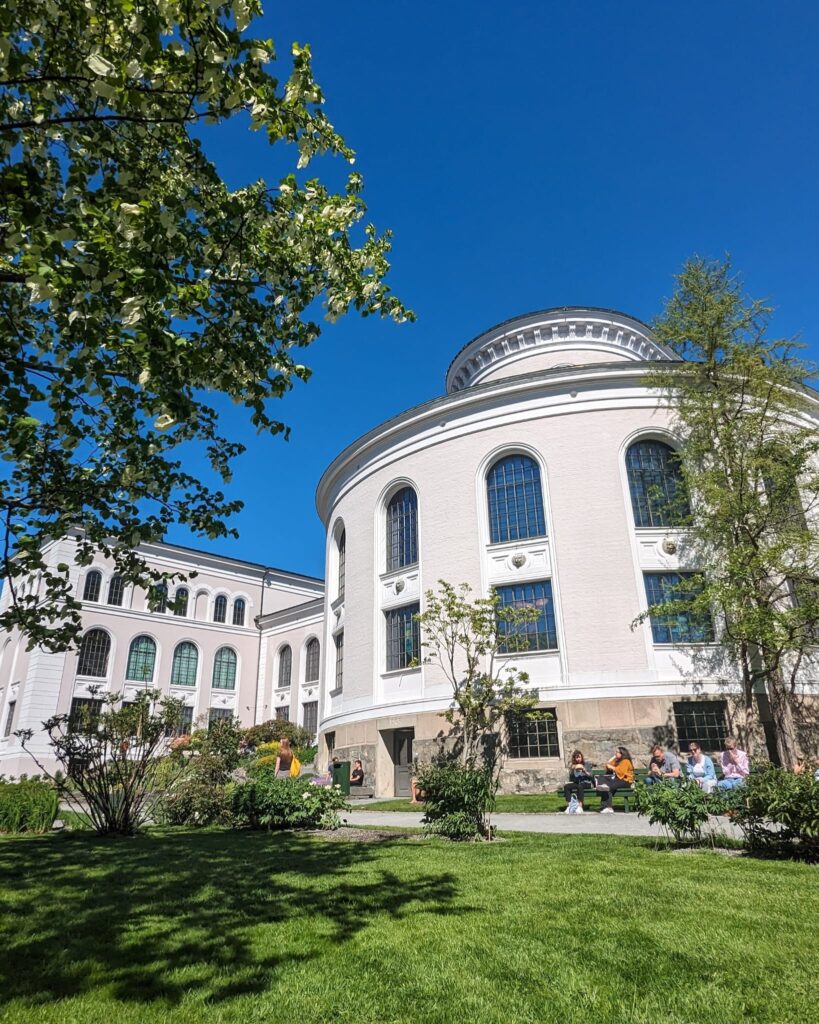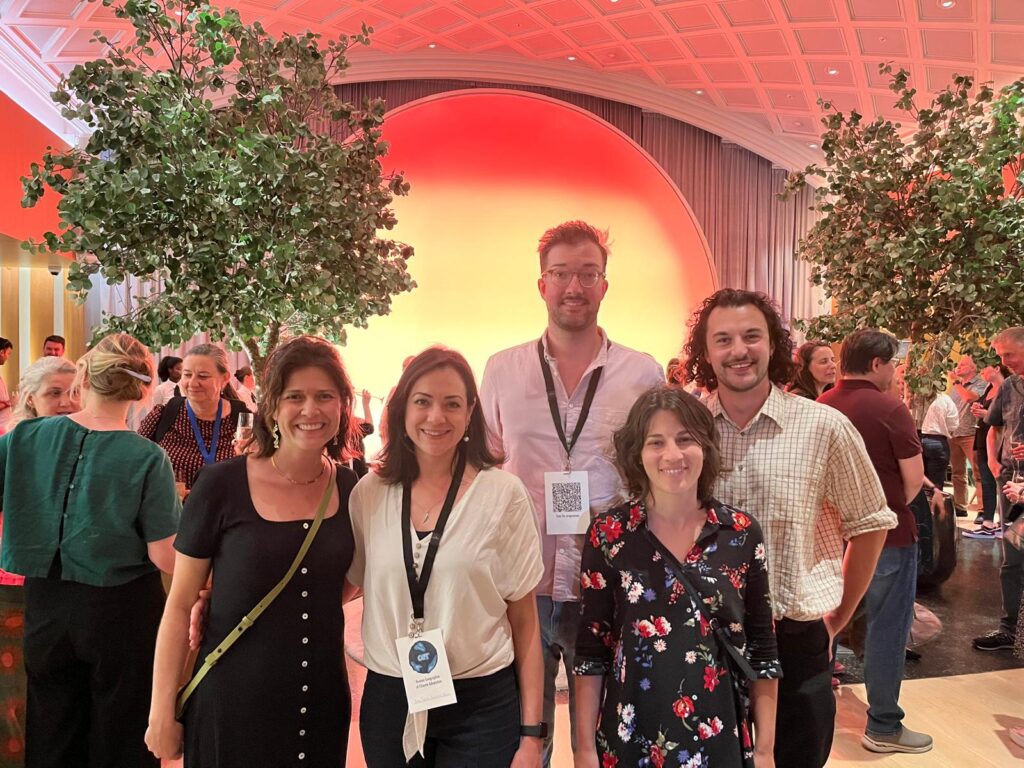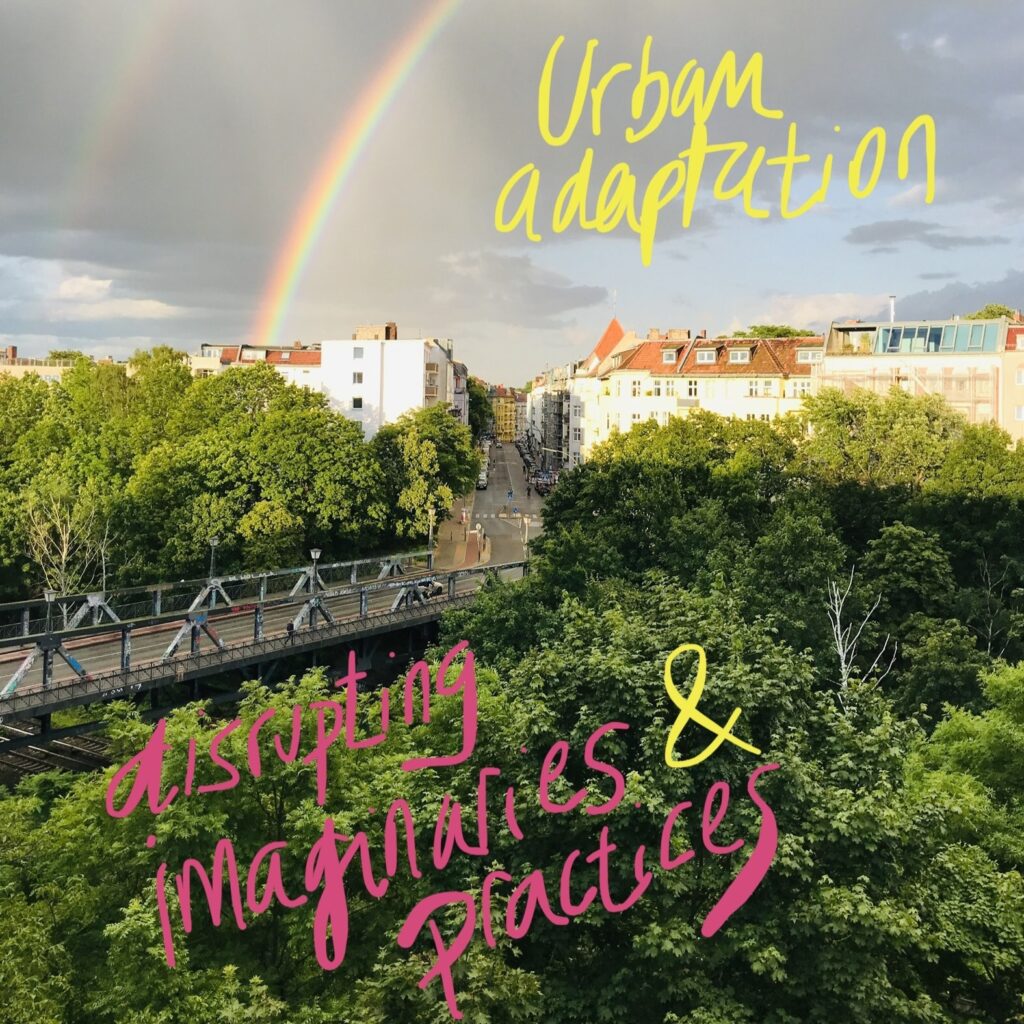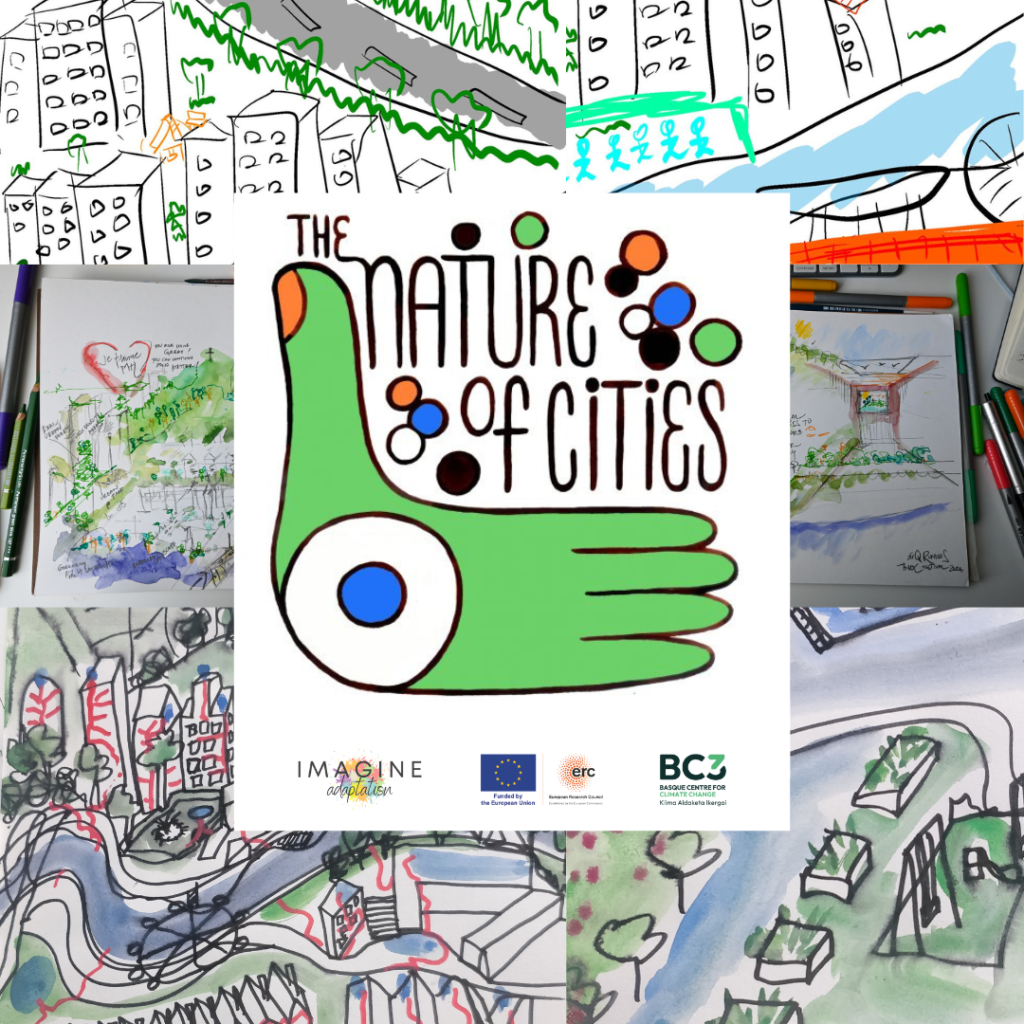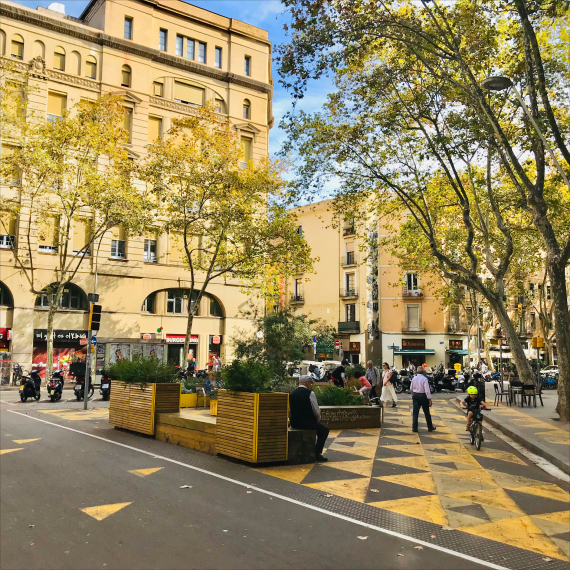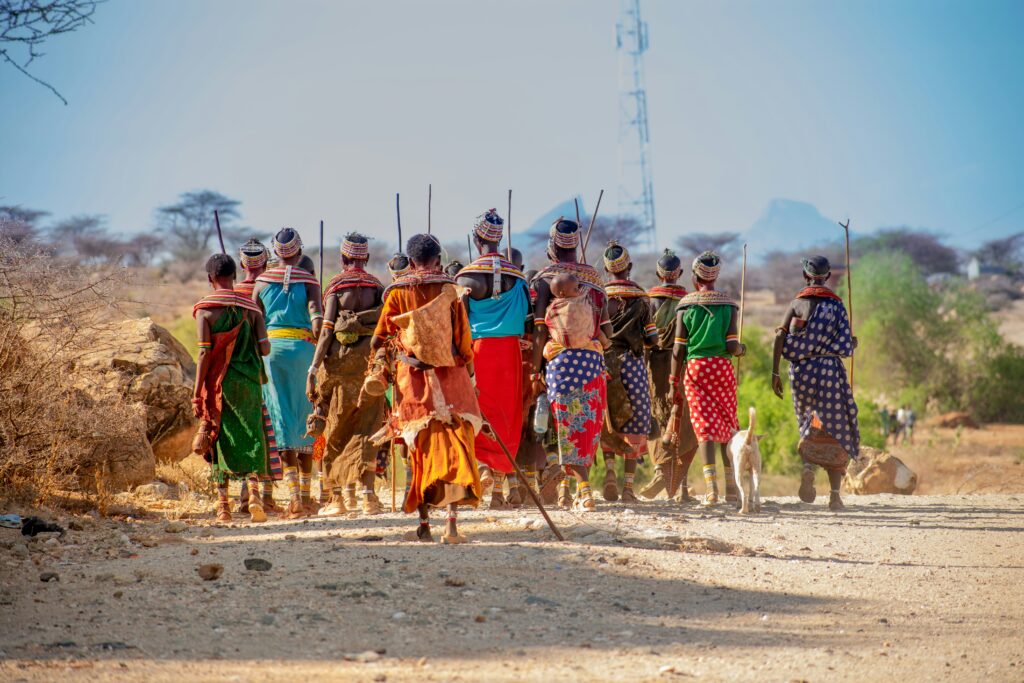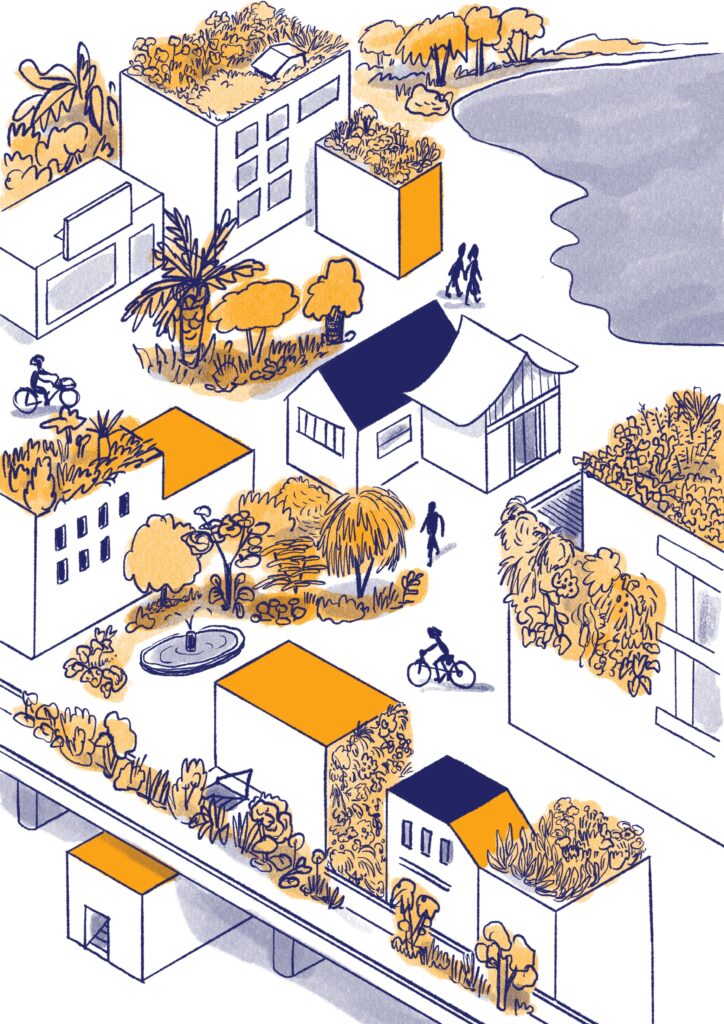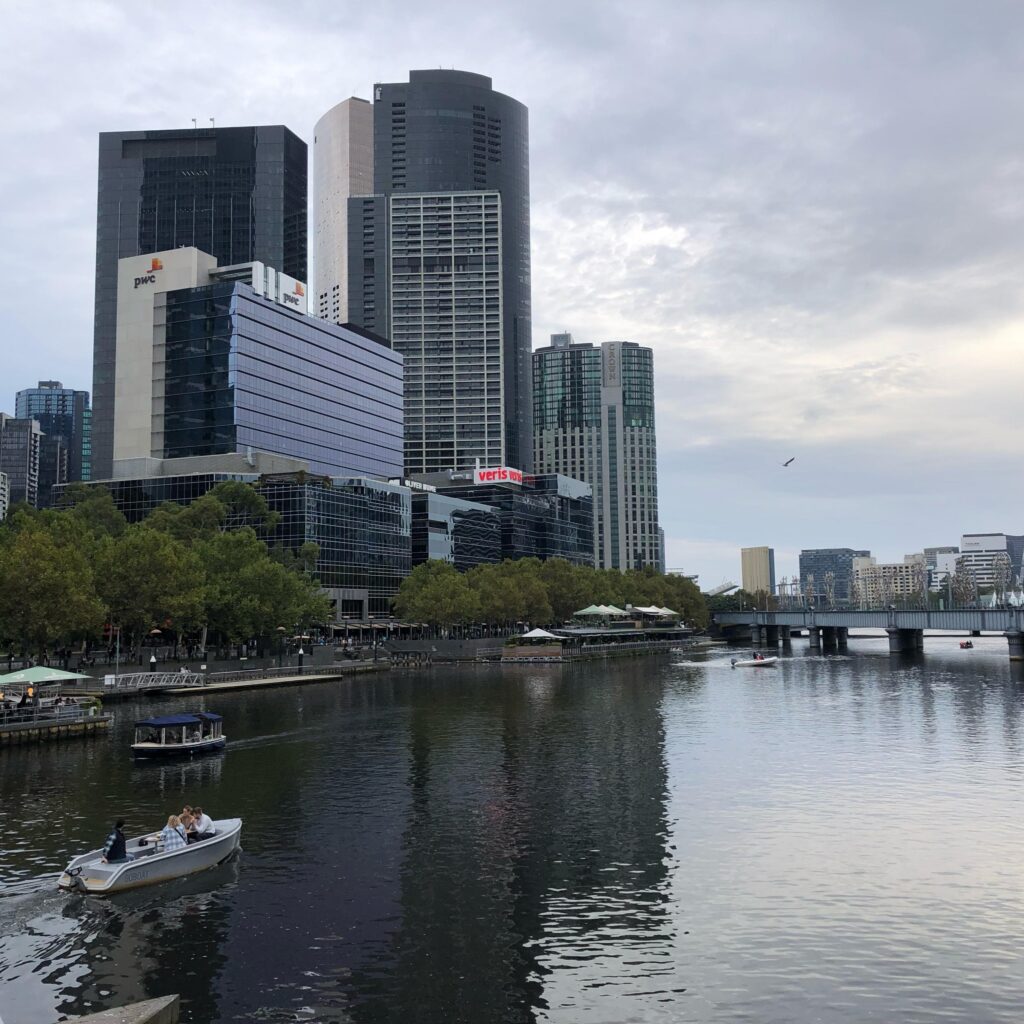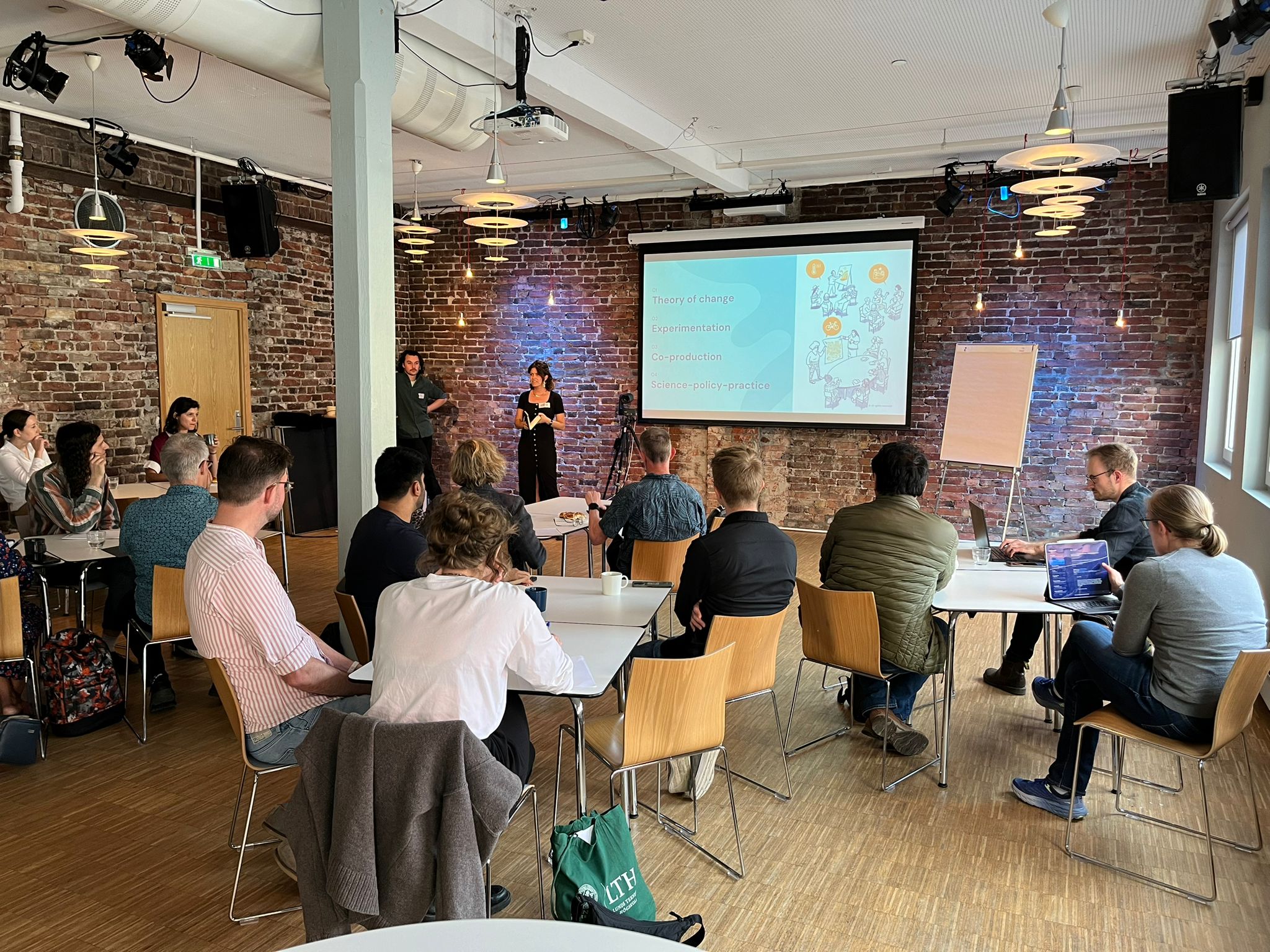
Reflecting on our recent workshop: Disentangling Successful Adaptation Using Theory of Change
Last week, the IMAGINE Adaptation hosted an international workshop on “Disentangling successful adaptation using theory of change” in Bergen, Norway. Our aim was to create a collaborative space for rethinking and identifying the changes needed for effective climate adaptation.
We started with a masterclass by Iñigo Retolaza Eguren, gaining a foundational understanding of the theory of change and discussing its utility in structuring discussions and making adaptation initiatives more intentional from the start.
During the second day, we developed a collective desired change statement emphasising the need for equity and wellbeing considerations as well as “six critical conditions” for achieving the desired change. In the final session we reflected on “signs of change,” discussing the varied indicators of progress.
The insights of the workshop will be used to inform our on-going work in IMAGINE Adaptation particularly as we move to the context-specific case study stage of the project. Thank you to all participants for your valuable contributions!
If you are interested in reading more about our discussions check out the workshop brief.
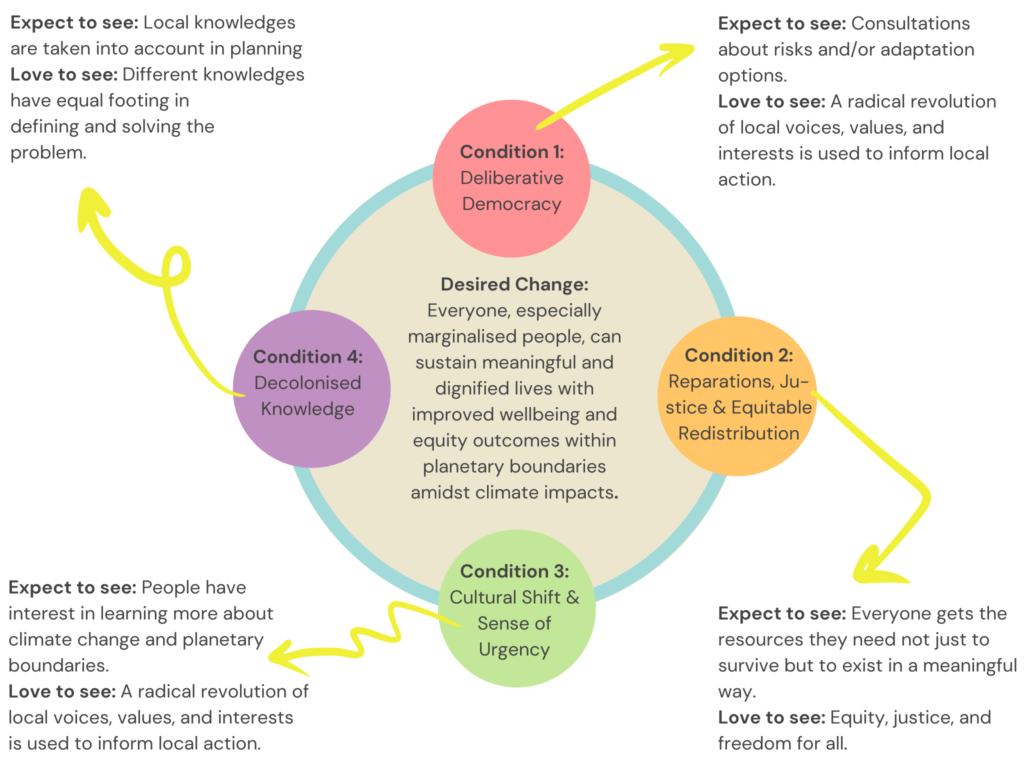

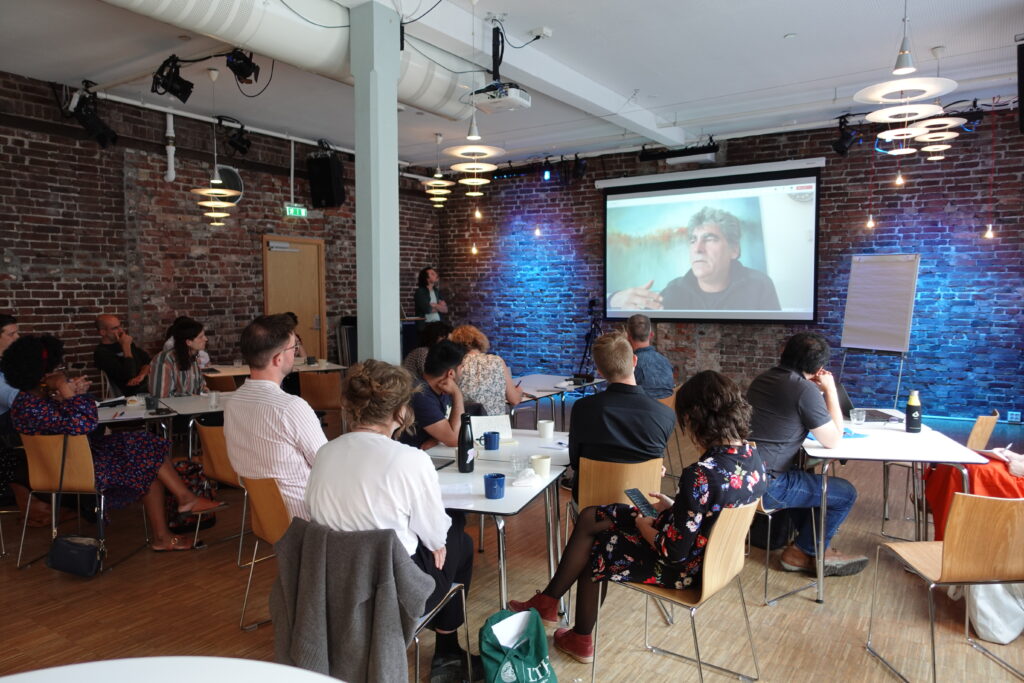
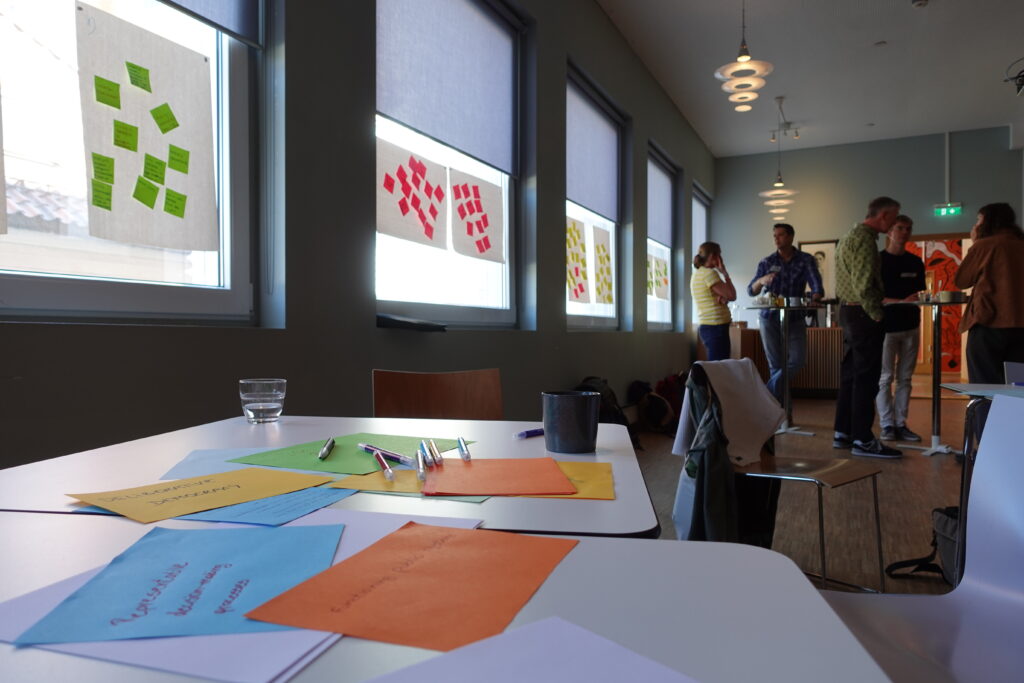
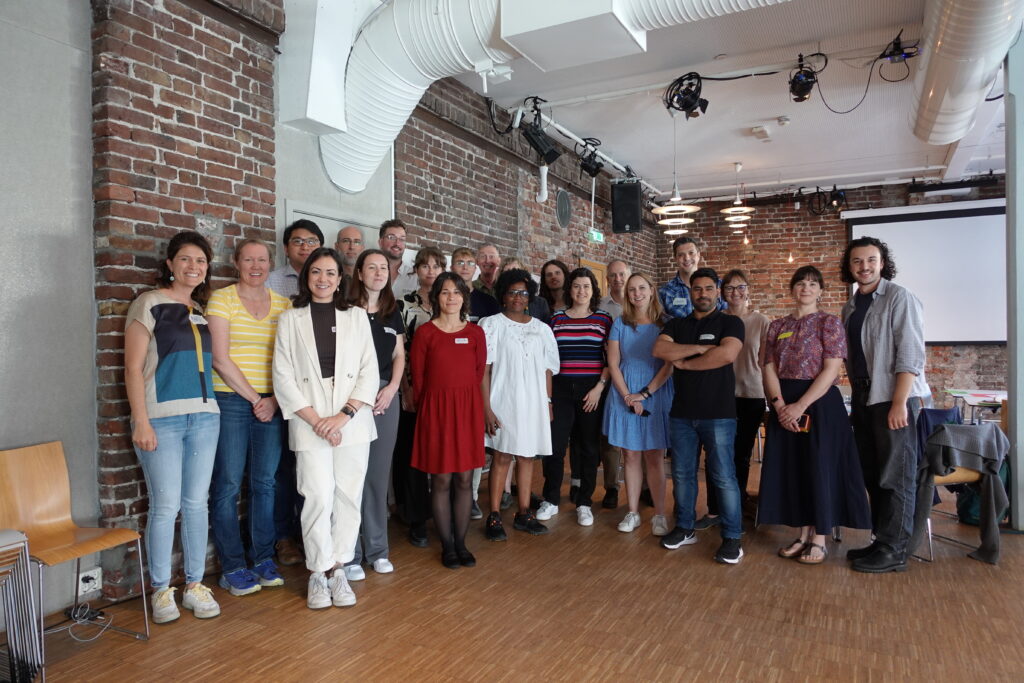
Following the workshop the team attended the International Scientific Conference – The Human Geographies in Climate Change Adaptation #HGA2024 organised by Daniel Puig. The conference brought together researchers from diverse backgrounds to explore climate change adaptation through a human geography lens. The team presented a range of our on-going work linked to imaginaries, everyday adaptation, adaptation limits, and understandings of adaptation evaluation.
- Marta Olazabal – Indicators and metrics to evaluate urban adaptation: a systematic review
- Sean Goodwin – Beyond hazards: a relational paradigm shift in urban climate adaptation through nature-based solutions
- Cecilia Alda-Vidal – What is in for everyday adaptation? A review of schools of thought, documented practices and potential for driving transformative adaptation
- Ana Terra Amorim-Maia – Adaptation success and limits: insights from 50 leading experts and implications for research and practice
- William Lewis – What are urban adaptation imaginaries and how can they be used as a methodology for just adaptation?
